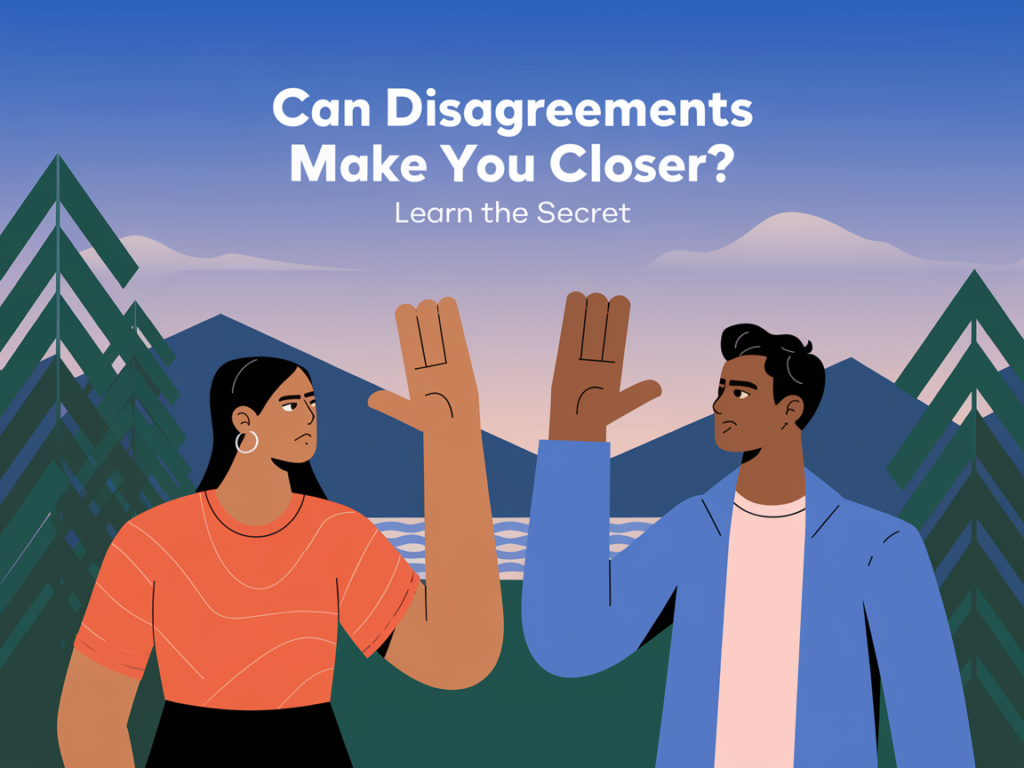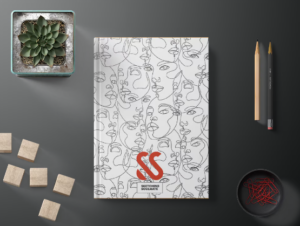
Conflict is a natural part of any relationship, be it with a partner, family member, friend, or colleague. It’s how we handle and resolve conflicts that can either strengthen or weaken our bonds. In this article, we will explore effective strategies for dealing with relationship conflicts and maintaining healthier, more fulfilling connections.

1. Open and Honest Communication
One of the most crucial aspects of conflict resolution is open and honest communication. It’s essential to express your thoughts, feelings, and concerns calmly and respectfully. Equally important is listening actively to the other person’s perspective. Effective communication can lead to a deeper understanding and mutual compromise.
Discover the power of open communication and how it can transform your relationships.
2. Empathy and Understanding
Empathy plays a vital role in resolving conflicts. Try to put yourself in the other person’s shoes and understand their point of view. Recognize that their feelings and experiences are valid, even if they differ from your own. Demonstrating empathy can create a sense of connection and reduce tension.
3. Conflict Resolution Skills
Learn and practice conflict resolution skills. This includes techniques like active listening, compromise, and finding common ground. Conflict resolution is not about winning or losing but finding solutions that benefit both parties. It requires patience and a willingness to collaborate.
Enhance your conflict resolution skills with these effective strategies.
4. Taking a Break When Necessary
Sometimes, emotions run high during conflicts, making productive communication challenging. In such cases, it’s okay to take a break. Step away from the situation, cool off, and revisit the discussion later when both parties are calmer. This can prevent escalation and promote healthier conversations.
5. Seeking Mediation or Counseling
If conflicts persist or become too challenging to resolve independently, seeking mediation or counseling can be beneficial. A neutral third party can help facilitate discussions and provide guidance on finding common ground. Professional help can save relationships and lead to personal growth.
Explore the benefits of mediation and counseling in resolving persistent conflicts.
6. Forgiveness and Letting Go
Forgiveness is a powerful tool in conflict resolution. Holding onto grudges and past conflicts can poison relationships. Learning to forgive and let go of resentment can free both parties from the weight of unresolved issues and pave the way for healing.
7. Learning from Conflict
Conflict can be an opportunity for growth and learning. Reflect on the conflicts you’ve experienced and what they’ve taught you about yourself and your relationships. Use these lessons to improve your communication and conflict resolution skills.
Conflict is an inevitable part of human interactions, but it doesn’t have to be destructive. By approaching conflicts with patience, empathy, and effective communication, you can turn them into opportunities for deeper understanding and stronger connections. Remember that healthy relationships are built on the foundation of resolving conflicts together.
Explore a comprehensive guide to dealing with relationship conflicts and build stronger, more fulfilling bonds with the people in your life
As an Amazon Associate we earn from qualifying purchases through some links in our articles.




